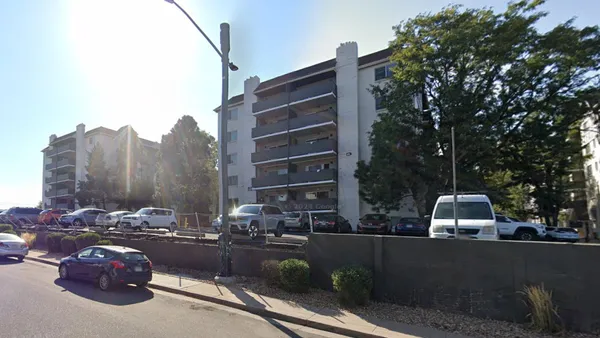Dive Brief:
- Related Cos. filed a complaint against Manhattan-based Furnished Quarters last month, claiming that the company owes it more than $2 million, according to The Real Deal.
- New York City-based Related, the No. 7 apartment owner in the country, said that Furnished Quarters is in rent arrears at nine assets — six buildings in New York City, two in San Francisco and one in Boston. The story was originally reported by Crain’s.
- Related isn’t the only apartment owner to have issues with Furnished Quarters. In 2021, four landlords sued the company for $1.75 million, according to a separate report from The Real Deal.
Dive Insight:
Related claimed that Furnished Quarters stopped paying rent in March 2020 and that an email from the company revealed “significant liabilities incurred during the Covid-19 pandemic and limited cash,” according to The Real Deal. Neither company replied to Multifamily Dive’s request for comment.
The furnished and short-term apartment business flourished before the COVID-19 pandemic. But as the outbreak slowed business travel to major metro areas like New York City, those units sat empty and companies that operate these assets ran into problems.
“One thing that got a lot of attention in COVID is in the worst of times some of these third-party, short-term rental companies couldn’t pay the rent,” Jay Parsons, vice president, head of economics and industry principals for RealPage, told Multifamily Dive. “So all of a sudden the apartment owners were left with furnished units with unpaid rent.”
After these problems, Parsons, who did not speak not specifically about the Related lawsuit, expects to see more apartment operators handle their own short-term rentals. Related is doing that through its “The Set” brand, which is designed to provide a luxury experience for executives.
“I think what we're seeing is more of a focus on self-management where you have smart access and smart building tools,” Parsons said.
By not leasing units to furnished operators, property owners also have the flexibility to increase or reduce the number of short-term rentals depending on market conditions. “Now, there is more of an opportunity to be able to flex up and flex down the number of units you want to set aside for short-term rentals and really manage that yourself through smart home technology,” Parsons said. “So you don't have to add a third-party short-term rental company to do all that for you.”
Click here to sign up to receive multifamily and apartment news like this article in your inbox every weekday











